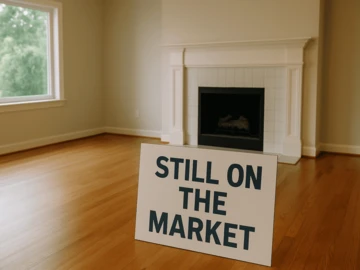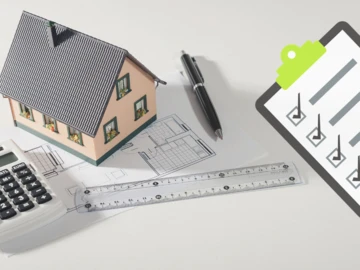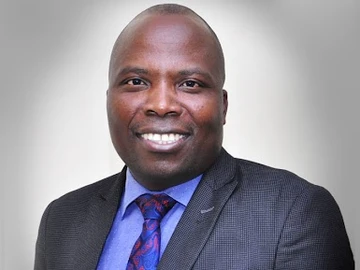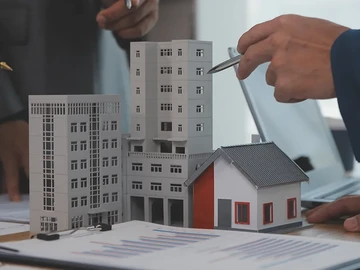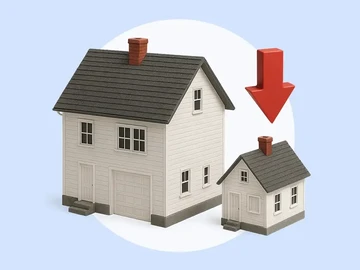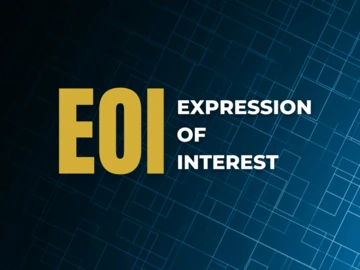Whether you live in the diaspora or are too far from the property location to attend viewings in person, buying real estate remotely in Zimbabwe is now more common than ever. Thanks to technology, legal support, and trusted platforms like Property.co.zw, it’s possible to secure a house, stand, or investment property without setting foot on-site.
But while buying remotely can save time and unlock investment opportunities, it also comes with risks. If you’re not careful, you could fall victim to scams, overpay for a property, or discover legal issues too late.
In this guide, we explore what to watch for when buying property remotely in Zimbabwe and how to protect your money, peace of mind, and future investment.
Why People Buy Property Remotely
- Diaspora Zimbabweans living in the UK, South Africa, the US, or Australia
- Zimbabweans relocating from one city to another (e.g., from Bulawayo to Harare)
- Investors targeting growth suburbs like Ruwa, Norton, and Madokero
- Buyers purchasing off-plan or in new developments
According to data from Property.co.zw, nearly 40% of buyer inquiries in 2024 came from people who were not physically in Zimbabwe at the time a figure that continues to grow.
What to Watch For When Buying Remotely
1. Unverified Sellers or Agents
The biggest risk in remote property buying is dealing with unlicensed agents or fraudulent sellers. Scammers often use social media to advertise non-existent properties or demand upfront payments.
What to Do:
- Use trusted property portals like Property.co.zw
- Check if the agent is registered with the Real Estate Institute of Zimbabwe (REIZ)
- Ask for proof of office location, ID, and previous sales
Tip: A genuine seller will never rush you into paying without paperwork.
2. No In-Person Viewing or Inspection
Photos can be outdated or misleading. Without seeing the property yourself, it’s hard to confirm:
- The true condition of the structure
- Whether it has been built legally
- Proximity to roads, schools, water, or electricity
What to Do:
- Request a live video tour via WhatsApp or Zoom
- Send a trusted representative (family member or lawyer) to inspect
- Hire a local surveyor or builder to assess structural integrity
3. No Title Deed or Ownership Verification
One of the most common problems is buying land or property that doesn’t have a title deed or is under dispute.
According to the Zimbabwe Land Commission, over 60% of urban land sales in 2023 were conducted without valid title, exposing buyers to legal challenges.
What to Do:
- Ask for a copy of the title deed
- Conduct a Deeds Office search through your conveyancer
- Avoid cession sales unless you’ve verified the authority and legality of the transfer
4. No Legal Oversight
Remote buyers are especially vulnerable if they don’t engage a legal professional to review contracts, conduct due diligence, or manage payments.
What to Do:
- Hire a registered conveyancer or property lawyer in Zimbabwe
- Sign a Power of Attorney (POA) if needed, allowing someone to sign on your behalf
- Insist that all funds go through a trust account, not personal mobile wallets
5. Unclear Payment Terms or Fraudulent Transfers
Unclear or informal payment arrangements often lead to fraud, loss of funds, or disputes.
What to Do:
- Sign a formal Agreement of Sale
- Pay via SWIFT transfers or diaspora-friendly banks (e.g., FBC, CBZ)
- Keep all receipts, contracts, and communication for records
Red Flags to Avoid
- Seller won’t show documents or proof of ownership
- You’re asked to pay before seeing a contract
- Offers that are “too good to be true” (e.g., $5,000 for land in Borrowdale)
- Pressure to “act fast” or lose the deal
- Refusal to work with your lawyer or agent
Tools to Help You Buy Safely from Afar
|
Tool |
Purpose |
|
Find verified listings and licensed agents |
|
|
Google Maps + Street View |
Check the property’s location and surroundings |
|
WhatsApp Video Calls |
Real-time property walkthroughs |
|
Deeds Office Search (via lawyer) |
Confirm title and ownership |
|
Virtual POA Signing |
Appoint a trusted representative from abroad |
Best Property Types for Remote Buyers
- Serviced stands in new developments
- Off-plan cluster homes with payment plans
- Flats or apartments under reputable developers
- Low-maintenance rentals for passive income
Popular zones include Pomona, Mabvazuva, Westgate, Ruwa, and Gweru North.
Final Thoughts
Buying property remotely in Zimbabwe is completely possible and in many cases, the only option for diaspora and long-distance buyers. But it requires extra diligence, verified platforms, professional legal support, and strong documentation.
- Don’t rush
- Don’t rely on hearsay
- Don’t cut corners when it comes to verification
With the right approach, you can confidently invest in Zimbabwean real estate from anywhere in the world.
Explore verified listings and trusted agents on Property.co.zw Zimbabwe’s most trusted online property marketplace.
 Continue with Facebook
Continue with Facebook
 Continue with Email
Continue with Email





